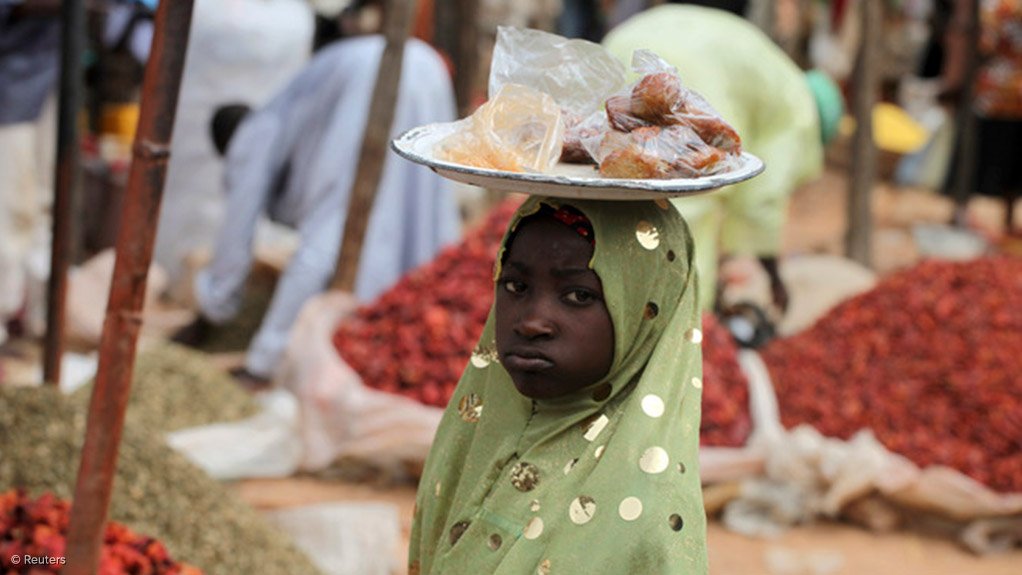Half of the world's 75 poorest countries are experiencing a widening income gap with the wealthiest economies for the first time this century in a historical reversal of development, the World Bank said in a report on Monday.
The differential between per capita income growth in the poorest countries and the richest has widened over the past five years, according to the report.
"For the first time, we see there is no convergence. They're getting poorer," Ayhan Kose, deputy chief economist for the World Bank and one of the report's authors, told Reuters.
"We see a very serious structural regression, a reversal in the world ... that's why we are ringing the alarm bells here," he said.
The report said the 75 countries eligible for grants and zero-interest loans from the World Bank's International Development Association (IDA) risk a lost decade of development without ambitious policy shifts and significant international aid.
Kose said growth in many IDA countries had already begun to taper off in these countries before the Covid-19 pandemic, but it would be just 3.4% in 2020-2024, the weakest half-decade of growth since the early 1990s. Russia's invasion of Ukraine, climate change, increases in violence and conflict also weighed heavily on their prospects.
More than half of all IDA countries are in sub-Saharan Africa; 14 are in East Asia and eight are in Latin America and the Caribbean. Thirty-one have per capita incomes of less than $1 315 a year. They include the Democratic Republic of Congo, Afghanistan and Haiti.
One in three IDA countries is poorer now than on the eve of the pandemic. IDA countries account for 92% of the world's people who lack access to a sufficient quantity of affordable, nutritious food. Half of the countries are in debt distress, meaning they are unable to service debt or are at high risk of not being able to.
And despite their young populations - a demographic boon at a time when populations were aging nearly everywhere else, rich natural resources and abundant solar-energy potential, private and government creditors had been backing away from them.
US Treasury Undersecretary Jay Shambaugh raised concerns about the worsening situation last week, warning China and other emerging official creditors against free-riding by curtailing loans to low-income countries just as the IMF or multilateral development banks were pouring funds in.
Almost 40 countries saw external public debt outflows in 2022, and the flows likely worsened in 2023, he said.
Kose said ambitious policies were needed to accelerate investment, including domestic efforts to strengthen fiscal, monetary and financial policies, and structural reforms to improve education and increase domestic revenues.
Significant financial support from the global community was also essential to make progress and lower the risk of protracted stagnation, Kose said, noting that the World Bank hoped to drum up a robust replenishment of IDA funds by December.
Stronger international coordination on climate change, debt restructurings and measures supporting cross-border trade would also be crucial, it said.
Indermit Gill, World Bank chief economist, noted that China, India and South Korea - now major economic powerhouses - had once been among the world's poorest countries, but were able to tackle extreme poverty and raise living standards.
"The world cannot afford to turn its back on IDA countries," he said.
EMAIL THIS ARTICLE SAVE THIS ARTICLE
To subscribe email subscriptions@creamermedia.co.za or click here
To advertise email advertising@creamermedia.co.za or click here











